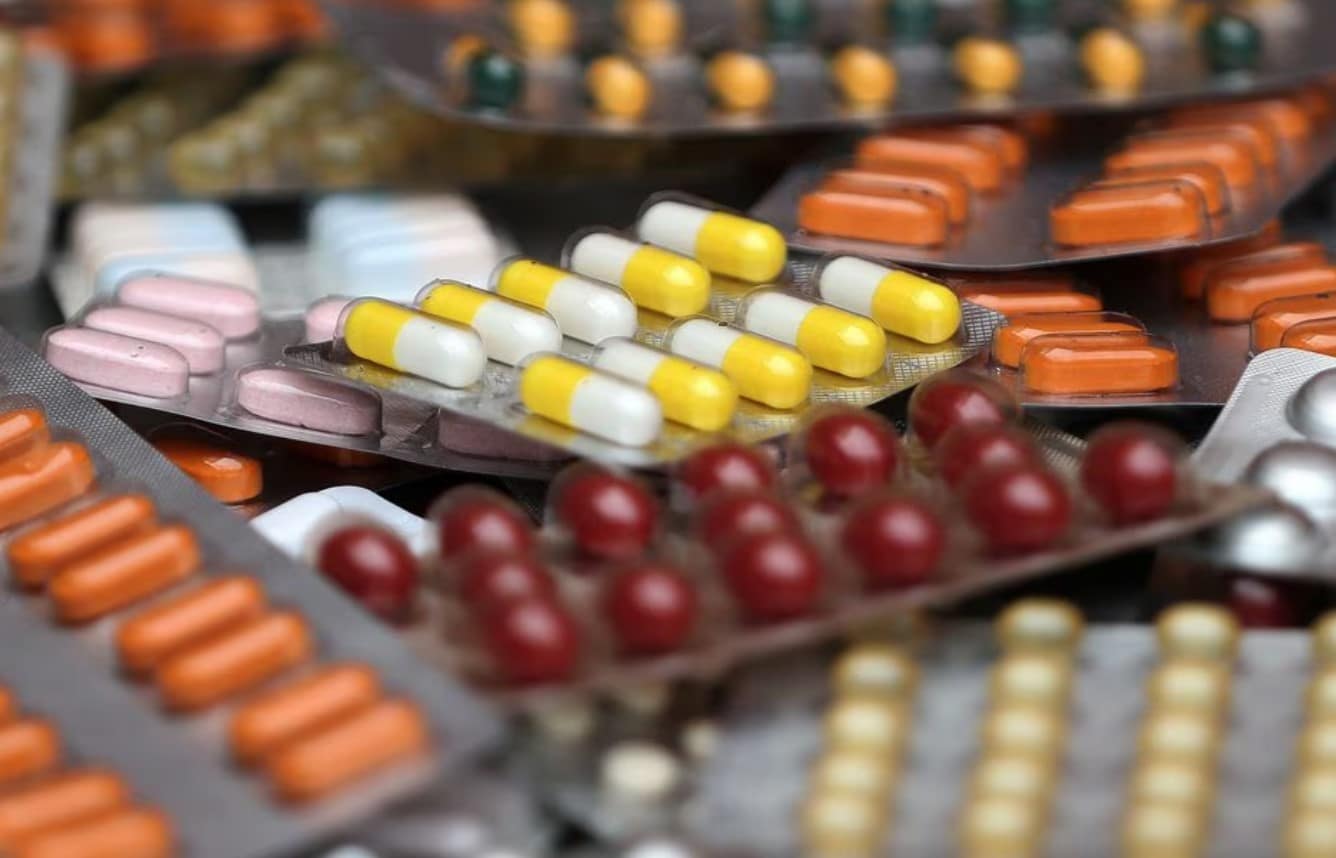Cyprus’ health ministry on Monday sought to assure that Medochemie pharmaceutical company had complied with a series of recommendations, after it was found to have produced a contaminated antibiotic which was recalled after hospitalisations.
In February last year, authorities announced a recall for antibiotic Dicillin Sandoz 500 mg capsules after it was found the medicine was infected with multi-resistant CPO bacteria.
Danish authorities had written to the European Medicines Agency (EMA) warning of “the seriousness” of potential contamination.
Head of the good manufacturing practice (GMP) for Cyprus’ pharmaceutical services Panos Mytides, told the Cyprus Mail that once alerted, Cypriot authorities launched an investigation into Medochemie’s Limassol operations.
Though he did not disclose the findings, he said breaches were identified but did not disclose whether they were minor, major or critical.
Mytides said only there were “no critical breaches.”
According to Medwatch, a news outlet covering pharmaceutical news, the Danish Medicines Agency found “two obvious breaches of the EU rules for GMP.”
It said Medochemie “did not have a required documentation system, just as a requirement for employees to wear gloves was not complied with at the factory.”
The outlet cited “lack of cleaning” as the most likely cause of contamination, quoting Danish authorities.
Mytides did not wish to comment or clarify, but reiterated the breaches were not critical, nor did it mean that any possible breaches “affect the overall compliance with GMP.”
He added that issues of this nature are “not unheard of” and do take place around the world. He estimated that “because some people were hospitalised, this alarmed Denmark a lot more.”
According to Medwatch, Danish and Icelandic patients were infected by the bacteria after taking the antibiotic.
Mytides said pharmaceutical services carried out an investigation, and Medochemie moved to carry out the rectifications.
Additionally, more inspections were carried out, with samples also sent to the state lab, which have come clear to date, he specified.
To this end, the number of inspections – which had increased after the infection – will be gradually reduced, Mytides added.
He also said the investigations had made it clear that the infection was limited to one department of the company, and evidence pointed to it being isolated to a specific product.
Asked to comment on Medwatch’s report that said Cyprus had refused to share the report with Danish authorities in its entirety or allow for a joint investigation on Medochemie, Mytides said the collaboration between both countries had been excellent.
“We had three or four teleconferences” and Cyprus did share a report over the technical findings. He underlined they had to tread carefully over not sharing trade secrets, as well as GDPR issues for staff members.
Mytides added that Cyprus is the authority responsible for carrying out investigations over companies under its territory and as such, because it also had no issues in terms of staffing capacity, declined a joint investigation.







Click here to change your cookie preferences